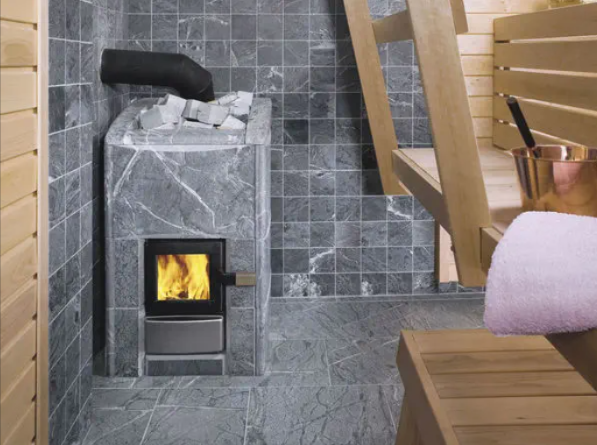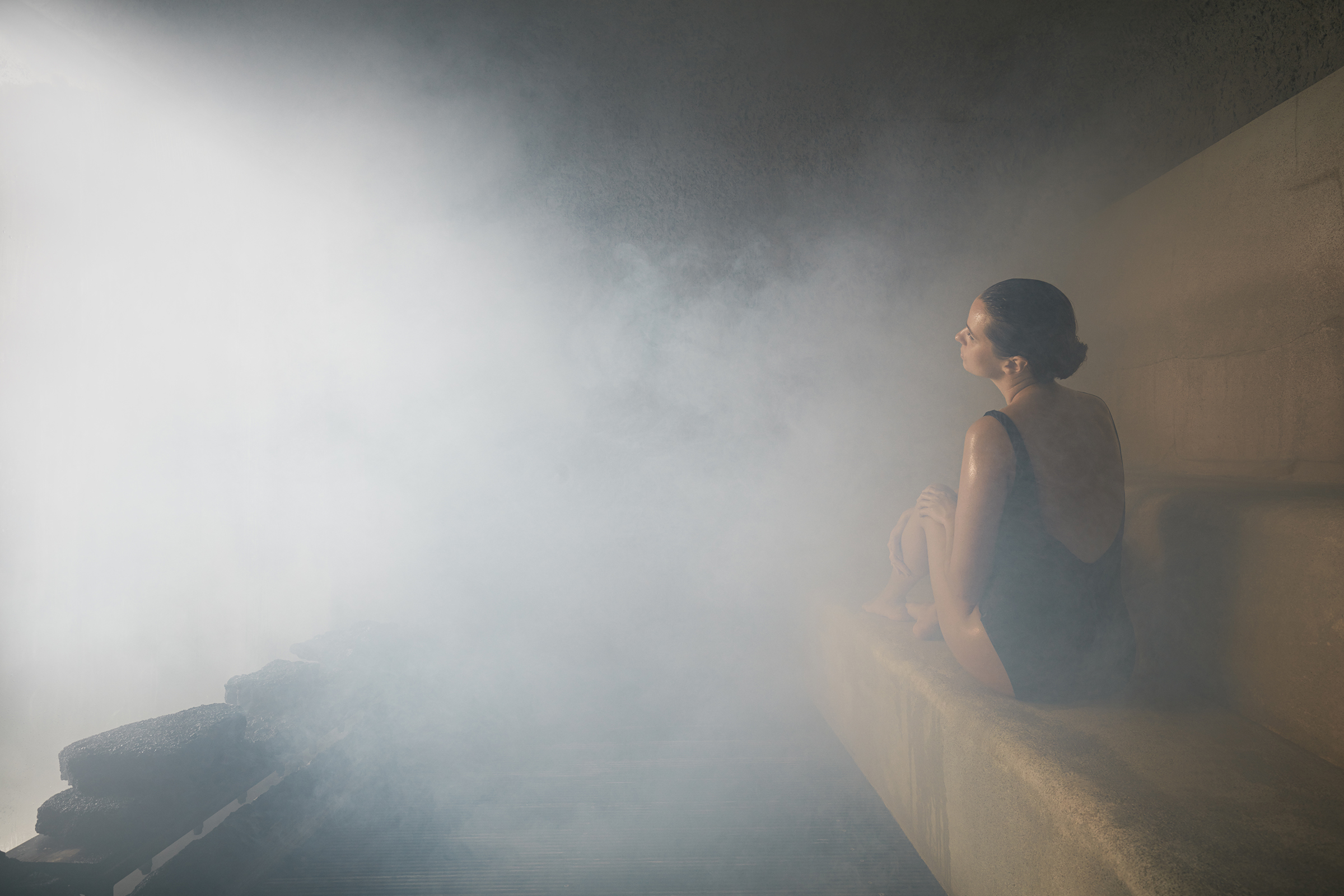.jpg) They help to relax and have plenty of health benefits. Sweating is a form of therapy. The Maya used saunas 3 thousand years ago, but Finland is the place for saunas, and it is believed that every third Finnish is still using it.
They help to relax and have plenty of health benefits. Sweating is a form of therapy. The Maya used saunas 3 thousand years ago, but Finland is the place for saunas, and it is believed that every third Finnish is still using it.
The most important benefits saunas provide are a way to relax, and they help with heart and blood-vessel problems. However, not everyone can use a sauna.
Here are some important things to note:
• It is beneficial for heart and blood-vessel health problems.
• Alcohol use before and during is a terrible idea.
• Pregnant women and those who have problems with heart and blood-vessels should consult a doctor before entering a sauna.
What is a sauna?
Usually, a sauna is a place with a temperature between 70 and 100 degrees Celsius. Traditional Finnish sauna is dry, its humidity is between 10 to 20 percent. Other types of saunas have a higher humidity. A good example could be the Turkish sauna.
When in sauna, your body temperature can go up to 40 degrees Celsius. The body starts sweating once the temperature rises.
There are a few types of sauna, depending on how the room is heated:
 Wood: Wood is used in saunas that tend to be less humid and with a higher temperature.
Wood: Wood is used in saunas that tend to be less humid and with a higher temperature.
Electric: The conditions are similar as with the wood-heated saunas. The only difference is that the room gets heat from an electric heater.
Infrared sauna: This one is a bit different. Special lamps use light waves to heat the body, not the room. The temperature is about 60 degrees Celsius, which is a bit lower than a regular sauna.
Steam sauna: Instead of heat you have steam room with high humidity and humid heat.
Benefits of using saunas
It does not matter that much how high the temperature or humidity is. When you are in a sauna, your heart rate increases, and blood-vessels begin to expand. The rate could go as high as 150 beats per minute, and this is a positive thing for your health.
Pain reduction. An increased blood circulation can reduce muscle pain, improve joints and reduce arthritis pain.
Stress reduction. An increase in metabolism will encourage relaxation. This does reduce your levels of stress.

Heart and blood-vessel improvements. Less stress means fewer problems with heart and blood-vessels. There was a research performed in Finland. It was determined that people who use saunas are less likely to die from heart failure and similar diseases.
Skin problems. Dry sauna dries your skin. Depending on your condition, using a sauna could bring plenty of advantages. However, there are some cases when you would probably be better off without using it.
Asthma. Those who have asthma might feel that it becomes easier to breath. It also reduces levels of stress.
Less chance to have Alzheimer's? In 2016, scientists in Finland have announced that their 20-year research shows positive results when it comes to using sauna and preventing Alzheimer's. 22 percent of individuals who use sauna a few times every weak are less likely to suffer from dementia, and 20 percent of individuals are less likely to suffer from Alzheimer's. 66 percent of those who use saunas 4 to 7 times every week are less likely to suffer from dementia. Of course, this is not a definitive proof, and more research needs to be done to confirm the hypothesis.
Risks and means of prevention
A regular person is OK, but there are some individuals who suffer from heart and blood-vessel problems. These people are better off consulting with a doctor before entering a sauna.
Blood pressure
Entering a cold pool after leaving a sauna is not recommended because it increases blood pressure. Saunas could also reduce the pressure. And as for those who have recently had problems with heart should also speak to a doctor first.
Dehydration
Dehydration occurs when you are not getting enough fluids. Sweating in saunas is natural, and if you have problems with kidneys, the risk increases. For some, a high temperature can lead to nausea and vertigo.

Means of prevention
To avoid any unwanted problems, it is recommended to:
- Avoid alcohol. It increases chances of dehydration, hypotension, arrhythmia, and sudden death. There has been another research in Finland and it showed that most people who suffered a sudden death inside a sauna have been drinking alcohol.
- Do not spend too much time inside. It should be no more than 20 minutes. First time should be no more than 10 minutes. Naturally, you should get adjusted to heat over time.
- Drink plenty of water. The type of a sauna does not matter. After you are finished, you should drink up to 4 glasses of water to replenish bodily fluids.
- Avoid sauna if you are sick. Those who are sick should wait until they are fully recovered. Pregnant women, if they are eager to enter a sauna, should speak to a doctor to find out whether it is safe.

.jpg)